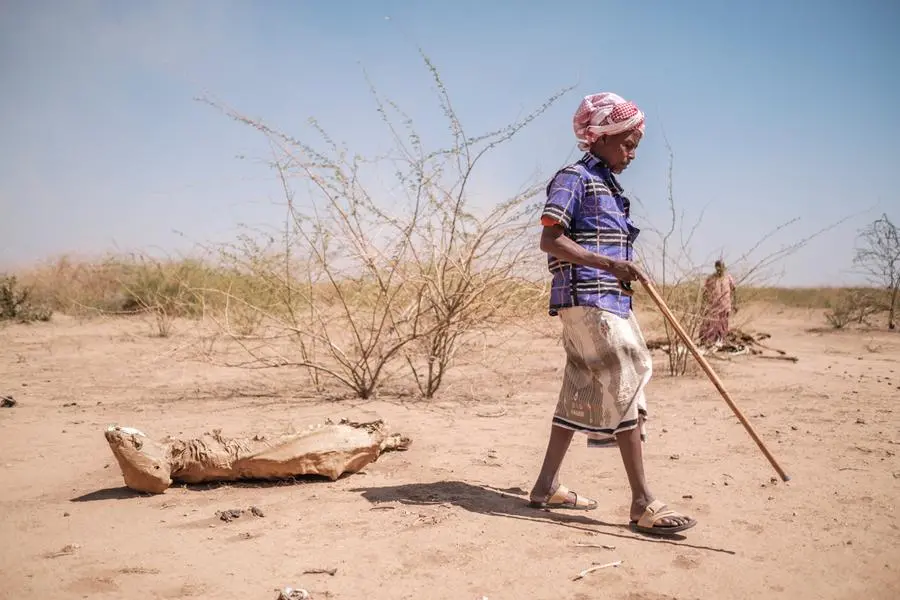PHOTO
Somalia has secured an agreement with international creditors to cancel more than $2 billion (1.8 billion euros) in debt, the Paris Club of creditor nations said.
The deal announced Wednesday came after the International Monetary Fund and the World Bank in December approved $4.5 billion in debt relief for the troubled Horn of Africa nation.
Somalia is one of the poorest countries on the planet, enduring decades of civil war, a bloody insurgency by the Al-Qaeda linked jihadist group Al-Shabaab, and frequent climate disasters.
The Paris Club, an informal grouping of creditor nations, said in a statement that the $2 billion represented 99 percent of the debt owed by Somalia to its members as of January 2023.
Those involved in the deal included representatives of the United States and Russia as well as European nations such as Britain and France.
"Paris Club creditors welcomed the Federal Republic of Somalia's determination to continue to implement a comprehensive poverty reduction strategy and an ambitious economic reform programme to create the foundations for sustainable, inclusive economic growth," the Paris club said.
Somalia's government "committed to use the fiscal space provided by this debt treatment for priority expenditure areas (health, education and basic infrastructure) identified in the country's poverty reduction strategy", it added.
Around 70 percent of Somalia's population lives on less than $1.90 a day, according to World Bank figures.
The December IMF-World Bank deal came as Somalia reached the "completion point" of a debt management scheme known as the Heavily Indebted Poor Countries Initiative (HIPC).
Somalia's external debt has fallen from 64 percent of gross domestic product in 2018 to less than six percent by the end of 2023, the IMF said at the time.
In March, the IMF it expected Somalia's GDP to increase by 3.7 percent this year, from an estimated 2.8 percent in 2023.
"Growth is expected to strengthen in 2024 supported by continued recovery in agriculture, remittances, and investment, though risks remain," it said.





















